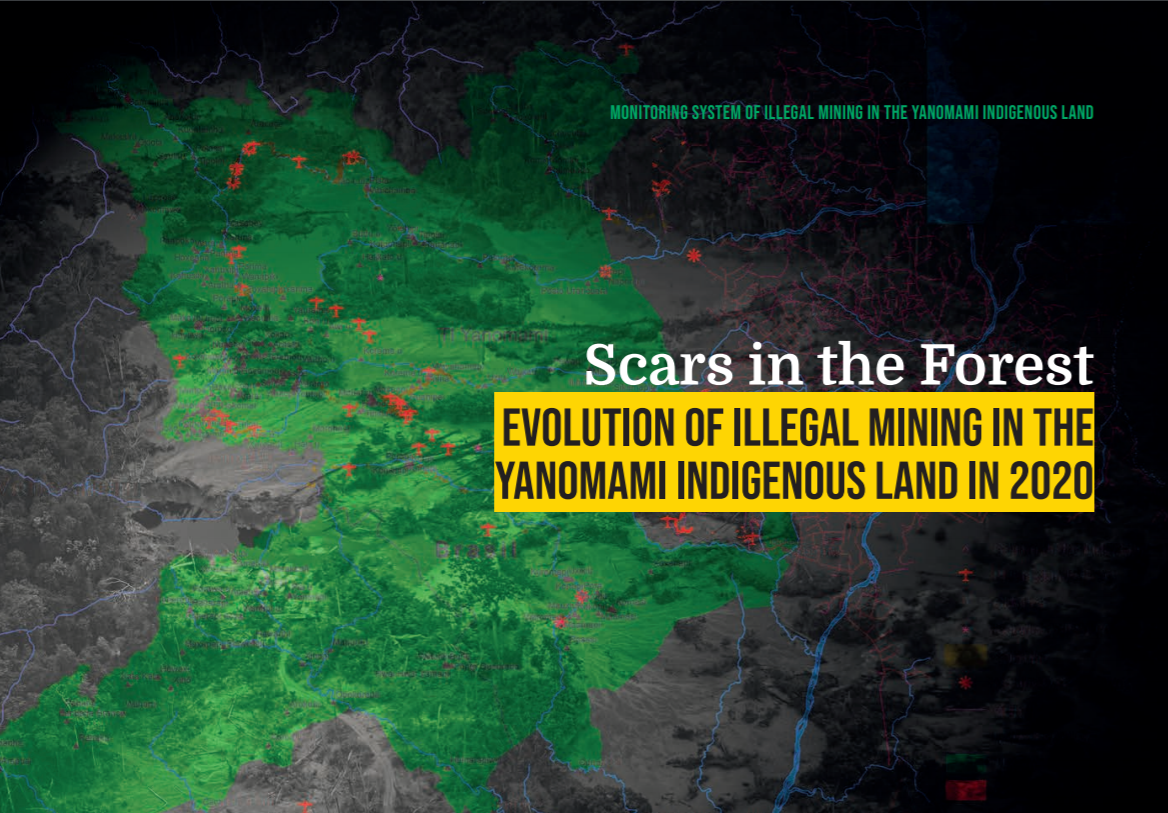New UN report shows evidence that Indigenous and Tribal Peoples are the best guardians of the forests of Latin America and the Caribbean
25 March 2021, Santiago Chile – Deforestation rates in Latin America and the Caribbean are significantly lower in Indigenous and Tribal territories where governments have formally recognized collective land rights, and improving the tenure security of these territories is an efficient and cost-effective way to reduce carbon emissions.
That is among the key findings of a new report – Forest Governance by Indigenous and Tribal Peoples – from the Food and Agriculture Organization of the United Nations (FAO) and the Fund for the Development of Indigenous Peoples of Latin America and the Caribbean (FILAC).
Based on a review of more than 300 studies published in the last two decades, the new report reveals for the first time the extent to which science has shown that Indigenous and Tribal Peoples have generally been much better guardians of their forests when compared to those responsible for the region´s other forests.

